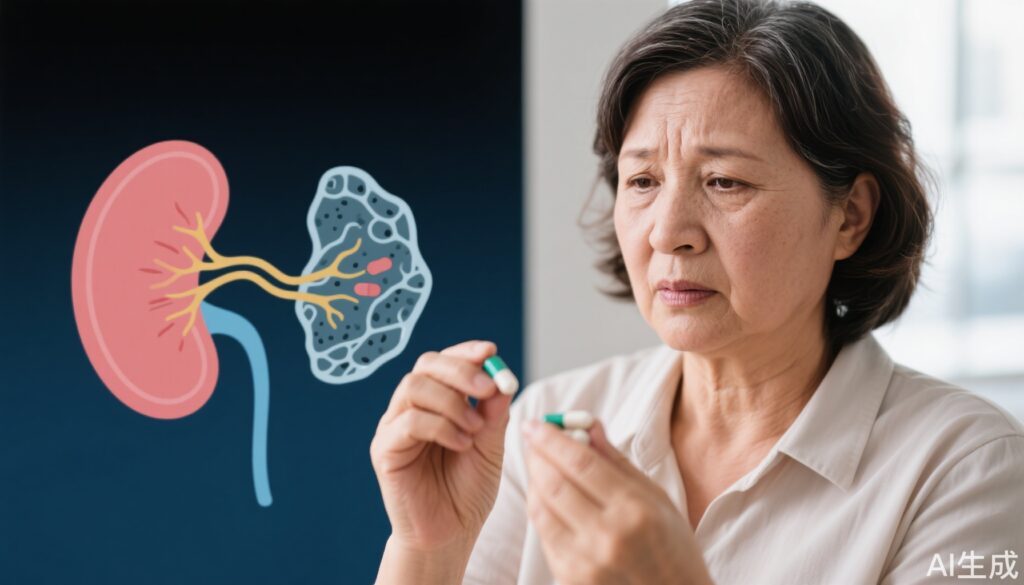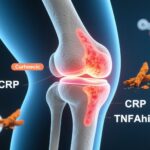Introduction
Calcium intake and its relationship with kidney stones is a topic that stirs confusion among many individuals, especially those afflicted by kidney stones. The common concern is whether taking calcium supplements can exacerbate kidney stones or if avoiding them might lead to bone health issues like osteoporosis. This article seeks to clarify this relationship and provide evidence-based guidance for both patients and healthcare professionals.
Understanding Kidney Stones
Kidney stones are hard mineral and salt deposits that form in the kidneys. There are several types of kidney stones, including calcium oxalate, calcium phosphate, uric acid, struvite, and cystine stones, with calcium oxalate being the most common, accounting for about 80% of all cases. Understanding the formation of these stones is crucial for determining appropriate dietary and supplement interventions.
Calcium Oxalate Stones: The Role of Calcium
The formation of calcium oxalate stones largely depends on the concentration of oxalates in the blood. Calcium plays a pivotal role in binding oxalates in the gut, forming non-absorbable calcium oxalate complexes that are excreted through feces. However, when calcium intake is insufficient, more oxalates are absorbed, eventually excreted by the kidneys, where they may bind with calcium and form stones.
Scientific and Clinical Evidence
Several studies have shown that adequate dietary calcium actually helps reduce the risk of calcium oxalate stone formation. A study published in the New England Journal of Medicine found that individuals with higher dietary calcium had a lower risk of developing kidney stones compared to those with lower calcium intake (Curhan et al., 1993).
Misconceptions About Calcium and Kidney Stones
A common misconception is that calcium in the bloodstream can lead to calcium oxalate stones. The reality is that the concentration of oxalates in blood is extremely low, and calcium, though more prevalent, does not reach the solubility product needed to form stones. The fluid dynamics and the presence of inhibitors like citrate and magnesium further prevent stone formation.
Correct Health Practices
Proper calcium intake should be a priority not just for kidney stone sufferers but for the general population. The average calcium intake among adults aged 18 to 59 in China is only 328.3 mg daily, far below the recommended 800 to 1000 mg. Sources of dietary calcium include milk and dairy products, tofu, leafy greens, and fish. For those unable to meet the dietary requirements, calcium supplements are an option.
Types of Calcium Supplements
Calcium supplements come in various forms including inorganic calcium (e.g., calcium carbonate), organic acid calcium (e.g., calcium citrate), and chelated calcium. Inorganic calcium has a high calcium content but requires stomach acid for absorption. Organic forms are more soluble and easier to absorb but often have lower calcium content.
Expert Recommendations
Experts suggest that calcium intake should be tailored to individual needs, ideally under the guidance of a healthcare professional. For patients with calcium phosphate stones, calcium supplements might not be recommended, while for other types of stones, calcium intake generally does not have a significant impact.
Patient Scenario: Emily’s Story
Emily, a 45-year-old woman with a history of calcium oxalate kidney stones, was concerned about taking calcium supplements to support her bone health. After consulting with her healthcare provider, she learned that adequate calcium intake could actually help prevent the recurrence of her stones without compromising her bone health.
Conclusion
Adequate calcium intake is beneficial for preventing calcium oxalate kidney stones and supporting overall health. Patients and healthcare providers should work together to ensure calcium intake meets recommended levels without exceeding the safe upper limit.
References
Curhan, G. C., Willett, W. C., Rimm, E. B., Stampfer, M. J., Spiegelman, D., & Speizer, F. E. (1993). Prospective study of beverage use and the risk of kidney stones. New England Journal of Medicine, 328(12), 833-838.


